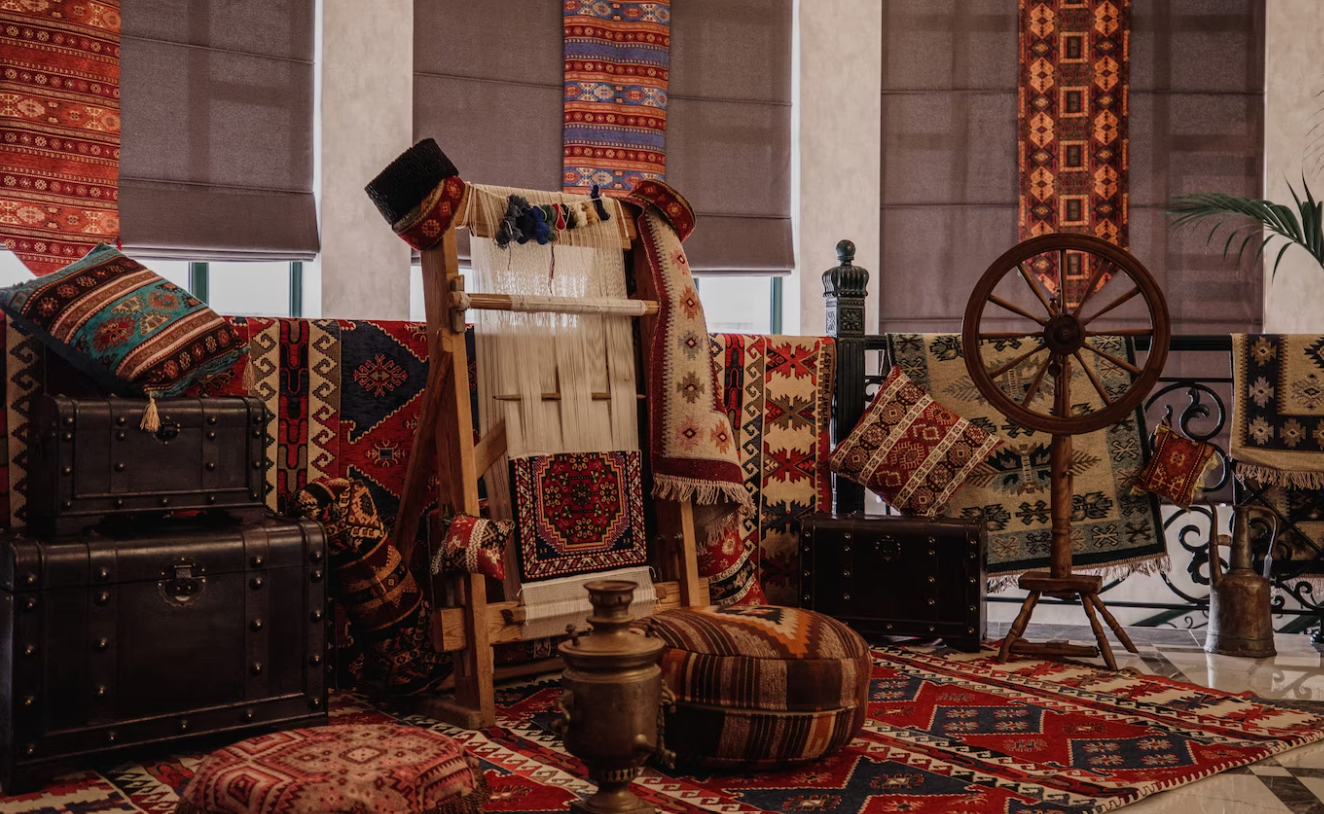Art is a necessity for all: Reflections from an Egyptian household
A thought provoking argument on the tough yet necessary meanings of art for those in Egyptian families.
Growing up, the closest I got to meeting artists was by watching them on my TV. I was born and raised in the United Arab Emirates (UAE). Egyptians who held jobs in the UAE were doctors, engineers, and corporate employees. Accordingly, these were the only career options I knew. All children of the diaspora were led down these paths, and the vast majority obliged without question.
After graduation, I began to hear about the odd schoolmate or two that decided to drop out in pursuit of the arts. Those were strictly cautionary tales that were brought up in conversations with gossiping aunts and uncles. Those artists did not only become the black sheep of their families, but also of their whole communities.
Art is baked into Egyptian culture. To make sure I never lost touch with my home country, my parents acquainted me with Egyptian movies, songs, and literature. My friends and I often spoke in catch phrases we’d learned from Egyptian comedies.
After breaking the fast in Ramadan, we had our pick from about 30 shows produced during the month. When Palm Sunday or either of the Eids rolled around, a televised play almost always found its way into the plans. During weddings and family get-togethers, we became the dancers we watched on TV.
Artists in Egypt are viewed as immoral people who lead questionable lifestyles. At a certain point in time, Egyptian cinema was quite liberal and many taboo topics were depicted, including sexuality. In the collective consciousness, actors didn’t dig into their character’s sex lives. Similarly, the belly dancers who are central to most weddings are viewed as promiscuous women who bathe in the male gaze. You may hire a belly dancer for your wedding, but it is shameful to marry one, let alone be one.
According to Egyptians, “art does not feed one bread.” One pursues the arts only under two circumstances: if you inherit enough and don’t need to work another day in your life, or if you have nothing to lose financially. Accordingly, children of immigrants find themselves in a gray zone. Many come from working and middle-class origins where work is a necessity for survival.
Egyptian parents work hard for their children to access financial opportunities that may never be accessible to most people back home. Families aim to maximize the success of their children while minimizing any disdain from the community around them. The name of the game is financial stability from a respectable profession.
Yes, bread (financial stability) is necessary because it keeps us alive, but bread did not console my mom as she battled homesickness; Algerian singer Warda’s songs did. When my father came face to face with uncertainty, he did not find solace in bread. Rather, he found it in Mohamed Mounir’s song “El Donya Reesha Fe Hawa” (“Life is a Feather in Wind”). When my first friend in Canada died, my grief was so overwhelming I barely ate. A scene from an Egyptian movie called Yom Lel Setat (“A Day for Women”) guided me through my grief. When the character in the film finally allowed herself to mourn the loss of her son, I found someone who related to my pain. Art in those cases may not serve the same purpose as bread. Still, it serves a vital purpose. To quote famed actor Ethan Hawke, in many instances, “art becomes sustenance.”
So, do I recommend that we all abandon practicality in pursuit of the ‘romantic notions’ of life that our parents have feared? Not quite. But I do recommend that we respect the artists whose art we so deeply depend on. A part of that is respecting that those artists live within us. They need to be encouraged to tell their stories, because when they tell their stories, they tell our stories. Lest we, in the words of renowned comedian Hassan Minhaj, “lose more Rumi[s] to med school.”

